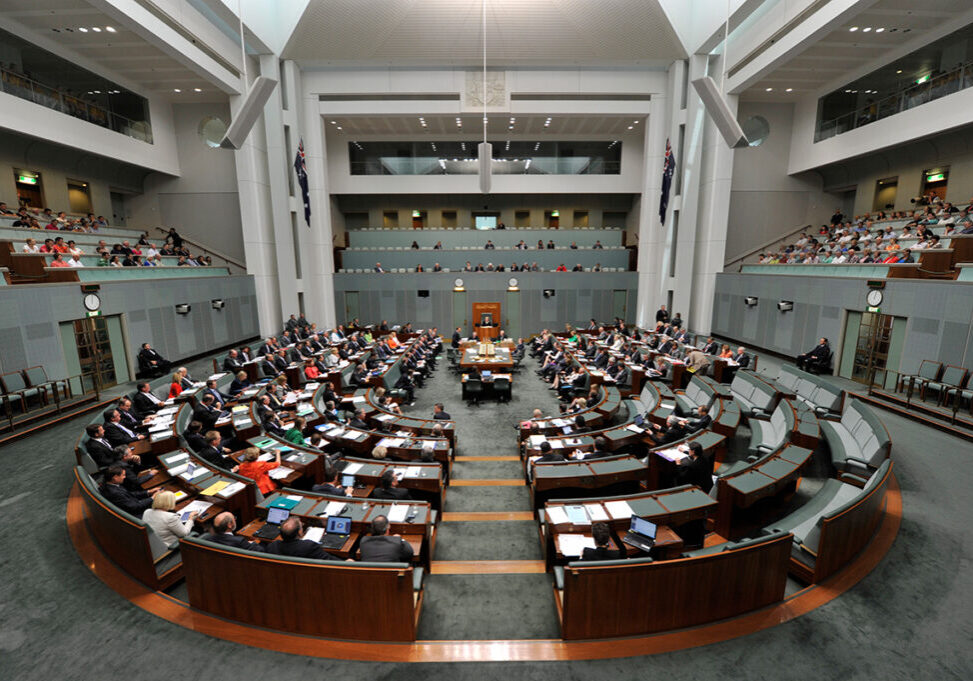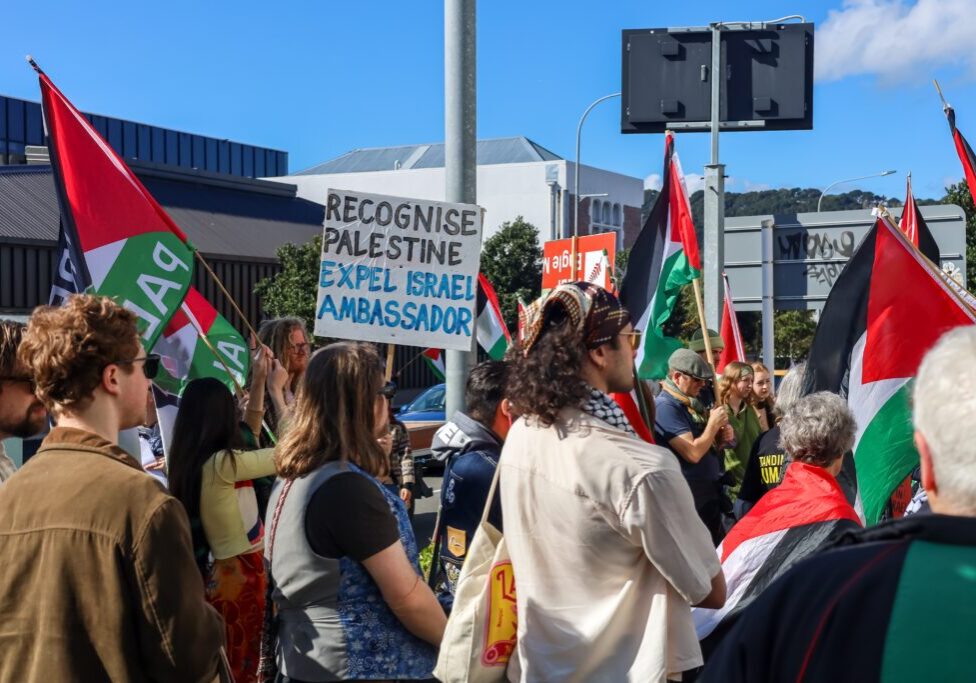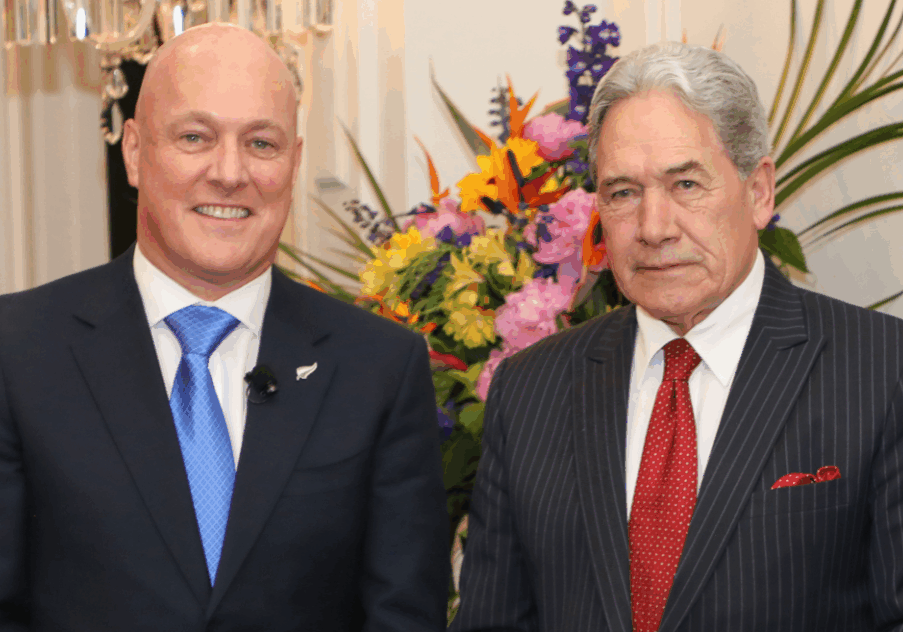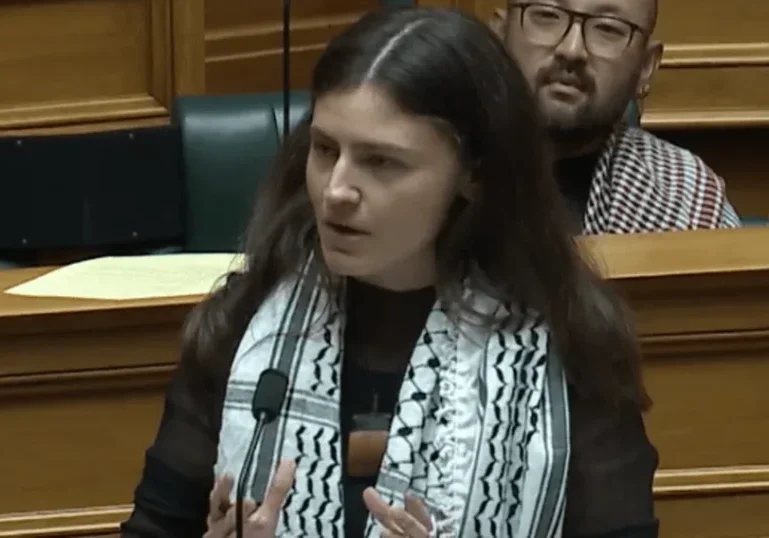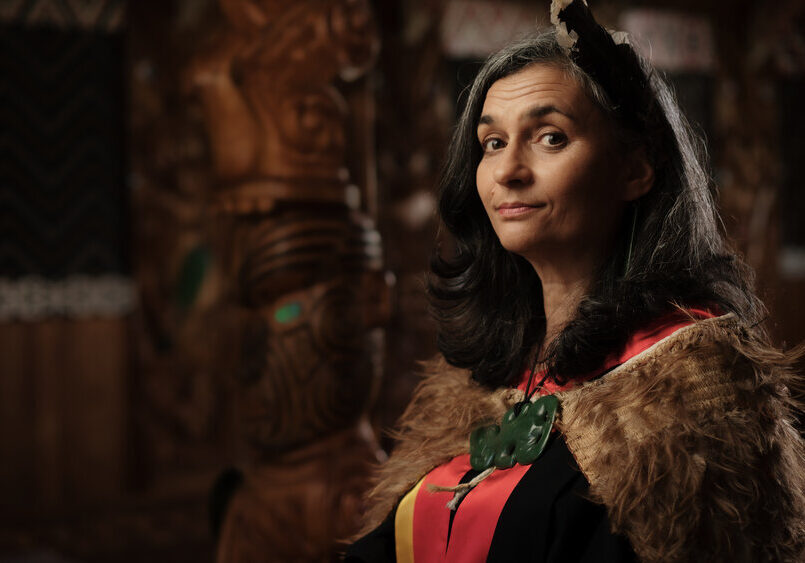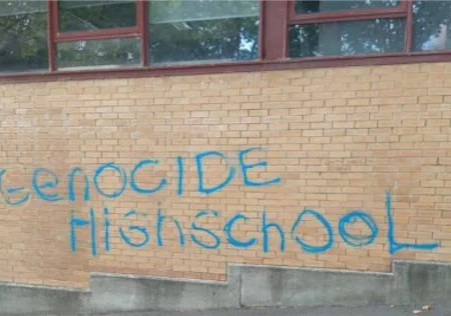Australia/Israel Review
AIR New Zealand: The debate over hate speech
Jul 2, 2019 | Miriam Bell
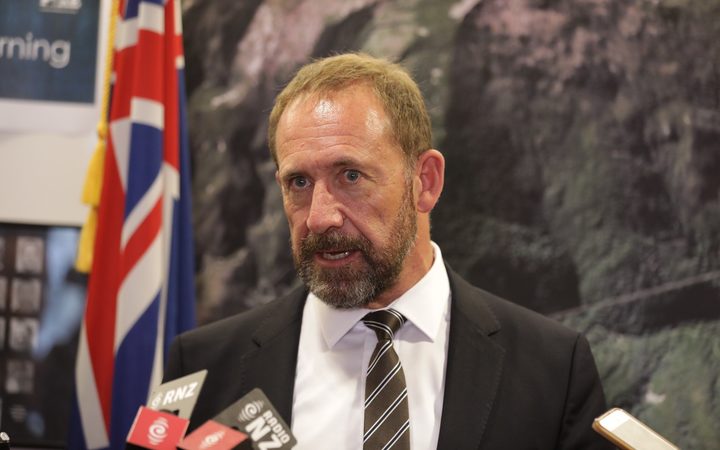
Great tragedy often results in soul-searching and internal debate. There’s a strong need to find reasons to explain why the tragedy occurred and discuss solutions which might prevent it from happening again.
This is currently the case in New Zealand. As a nation, the country is still grieving over the Christchurch mosque attacks in March and struggling to find ways to meaningfully address what happened on that terrible day – particularly because the massacre exposed social undercurrents which have long been ignored.
One of the Government’s first moves to try and prevent a similar attack happening again was to tighten up gun laws, in much the same way Australia did after the Port Arthur massacre in 1996. That move was welcomed by most and disputed by few.
However, another proposed solution is proving far more controversial – the drive to re-examine New Zealand’s legal provisions relating to hate speech.
In the wake of the Christchurch attacks, many individuals from minority ethnic and religious communities spoke out about comments and opinions routinely seen on social media and other public platforms which made them feel threatened, unwelcome and alienated. Many expressed the view that these opinions contributed to a climate which is overly tolerant of discriminatory expression.
This prompted Justice Minister Andrew Little to announce that he would be fast-tracking a review of the legislation governing hate speech. That’s primarily the Human Rights Act and the Harmful Digital Communications Act, but also sections of the Crimes Act.
The issue of hate speech versus free speech has prompted national debate on several occasions in recent years, notably last year when two alt-right activists, Lauren Southern and Stefan Molyneux, visited the country. But Little’s hate speech review has taken the debate over the proposal – and opposition to it – to a whole other level.
Opponents range from the Free Speech Coalition, which includes people from across the political spectrum; to the right-leaning Maxim Institute; to David Seymour, leader of the libertarian ACT party; plus lawyers, journalists and academics. They have all been vocal about the need to protect free speech as a basic democratic right.
Free Speech Coalition spokesperson David Cumin says some have used the attacks to promote their previous agenda of outlawing certain speech, while others seem to genuinely believe laws against “hate speech” will help. But other countries that have “hate speech” laws have not seen drastic reductions in, or the elimination of, extremism, he argues.
“The solution is not to fast-track legislation that has the potential to lead down the road of criminalising bad jokes. Nor is to drive haters underground and make some of them ‘martyrs’. It must be combatted with better speech, by sending out alternative narratives and standing up to hate. It’s also not a perfect solution, but at least it doesn’t erode a fundamental freedom.”
Other participants in the debate take a different view, arguing that New Zealand’s current protections against hate speech are not strong or specific enough, particularly given the rise of social media.
Distinguished Professor Paul Spoonley of Massey University is an expert on far-right politics and extremism. He says that New Zealand has a very permissive environment when it comes to free speech and that many New Zealanders don’t realise how much hate speech is around, both domestically and internationally.
“I am deeply troubled by the way in which we are politicising hate speech and free speech, especially as there appears to be a lot of confusion about what actually constitutes hate speech. For example, it is not comment which is simply unpleasant or which offends people.
“For me, it’s clear that hate speech is comment which threatens, condemns and incites violence against a particular group of people because of a characteristic like their race or religion. That is clearly not acceptable in a liberal democracy.”
In Spoonley’s view, it is possible to define hate speech and act on it without impacting on the critical right to freedom of speech.
He suggests that section 61 of the Human Rights Act, which prohibits “incitement of disharmony” on the basis of race, ethnicity, colour or national origins, should be extended to include religious identity, disability, gender and sexuality. “But the severity threshold needs to be discussed and it does need to be quite high as you don’t want people who are offended to be laying complaints all the time.”
This is an important issue for the Jewish community, he added. That’s because there has been a significant increase in hate speech – particularly online – towards Jews, as well as Muslims, in New Zealand in recent years.
“One of the things I am deeply concerned about is that New Zealanders don’t really understand the history of antisemitism and can’t say what is and what isn’t antisemitism… it concerns me that we have people who are naïve about the extreme right and the threat they pose.”
He would like to see more leadership – from politicians, community leaders, government agencies, and organisations (like the Human Rights Commission) – on the issue. “More nuanced understanding of these issues, including from media, would also help prompt better, more informed discussion.”
Tags: Hate speech, New Zealand

